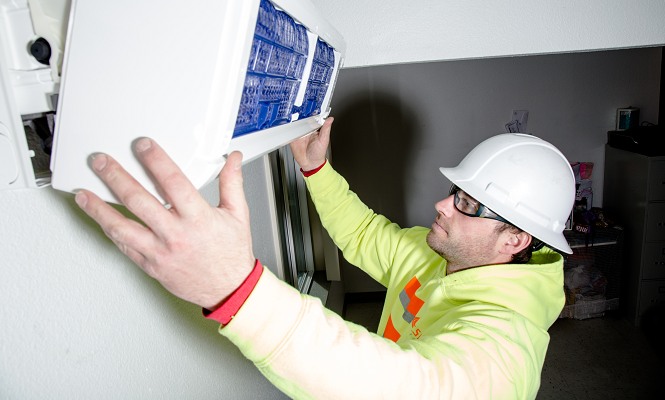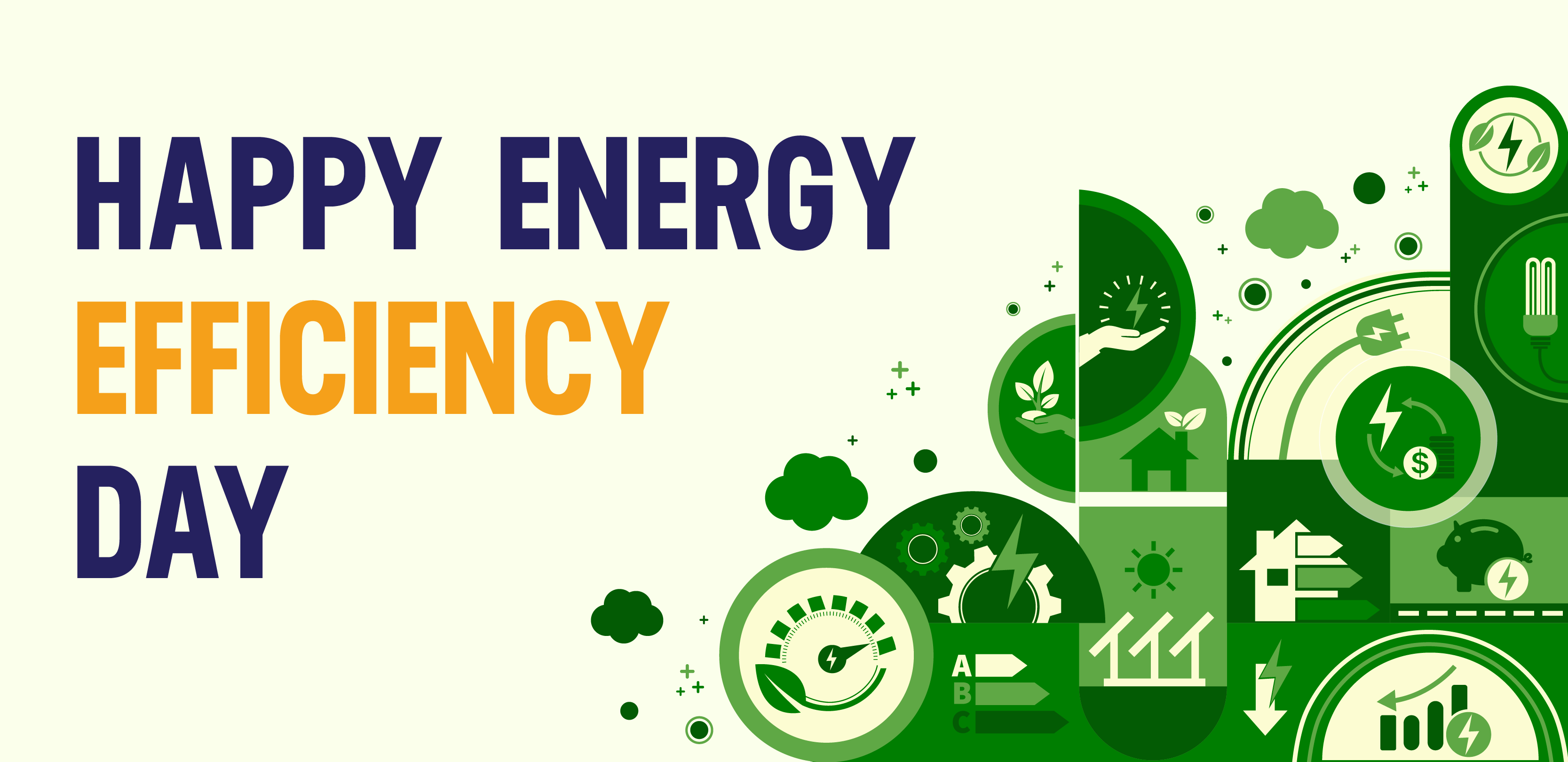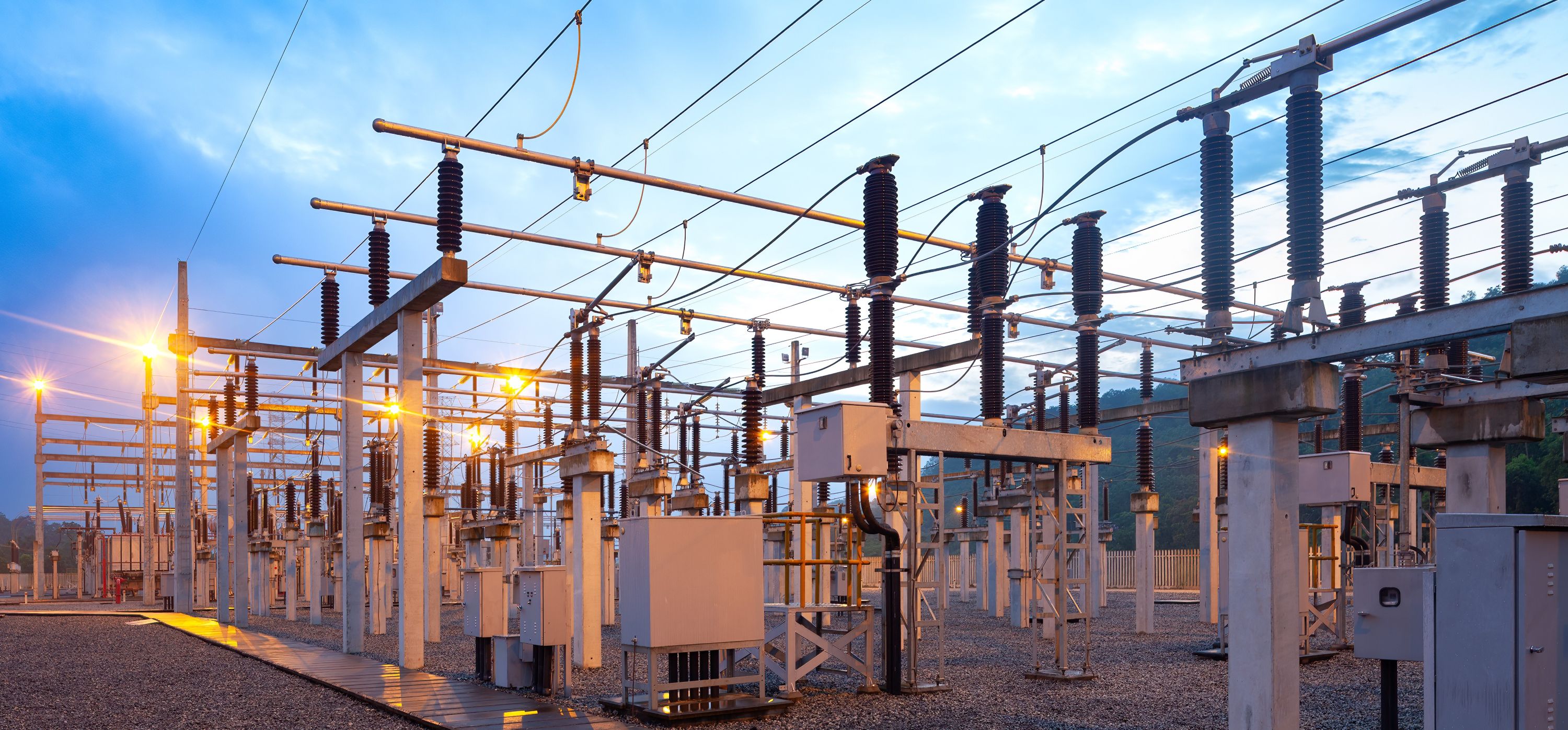The 116th Congress: Restoring and Reforming Tax Incentives for Energy Efficiency
Let's Save Energy
Alliance to Save Energy's Blog

This is the third post in our series on efficiency policy issues in the 116th Congress. Read the first two posts here and here.
Fresh off a partial government shutdown and facing the potential for another one, the new Congress is working in fits and starts as spending battles overshadow policy work. Among the priorities so far lost in the shuffle is tax policy, which has seen little discussion. This is particularly troubling for the Alliance because it’s now been more than a year since we had direct incentives for energy efficiency in the federal tax code – even as we have all sorts of incentives encouraging energy supplies. In our eyes, this is a glaring flaw in federal policy that should be a major priority for both parties.
The Senate Finance and House Ways and Means committees are fully constituted, with new chairmen and a slew of new members, particularly on Ways and Means (see here and here). Sen. Chuck Grassley (R-Iowa) is back at the helm of the Finance Committee, while Rep. Richard Neal (D-Mass.) takes the gavel on Ways and Means. Both have big ideas for the new Congress.
But with widespread expectations of gridlock in Washington, what’s the outlook for significant tax legislation? We’re not placing bets, but it might be better than expected.
Of course, conventional wisdom says there is a narrow window of opportunity for anything to happen – perhaps six months? – before the silly season of presidential election politics kicks in. Fair enough. But in the age of Trump, conventional wisdom is often out the window. And even if it holds, there remains an opening for tax policy in the coming months with several factors that could push the parties toward compromise.
First, there is strong pressure from a variety of interests – from restaurants to equipment manufacturers to auto companies – for Congress to make technical corrections to the Tax Cuts and Jobs Act of 2017 and to reform or extend existing or recently expired incentives. This includes efforts to address the “retail glitch” that inadvertently lengthened the depreciation period for certain investments in property improvements, to modify the electric vehicle tax credit, and to extend dozens of incentives for a variety of investments – including for efficiency – that expired at the end of 2017.
Second, the new dynamic in Congress – with a Democratic House and Republican Senate – demands compromise for anything to get done, and there could be enough constituent interests tied up in all of the above tax lobbying efforts to drive the two parties to make a deal.
And finally, the evolving dynamic around climate change could play a role. Democrats have suddenly made climate a top-tier priority in the new Congress, and more Republicans are joining them in looking for solutions that reduce carbon emissions while simultaneously boosting economic growth and competitiveness. A carbon tax – while not something likely to happen soon – is one such idea that is gaining steam. Ways and Means Chairman Neal already has said the committee plans to hold hearings on climate and energy policy.
Mix all of that together and energy efficiency incentives are a prime target for bipartisanship. Not only do they stimulate economic activity – in everything from construction and weatherization to manufacturing high-efficiency appliances and building materials like insulation – but they also have enormous potential for reducing carbon emissions. Homes and buildings account for 40 percent of our energy consumption. Most of them will be in the ground for decades, so tackling the sector is not optional if we are to make progress on climate. It is a source of emissions we must address – and modernizing incentives for high-efficiency home construction, building retrofits and appliances and equipment is the first step we should take.
Lawmakers should also reform tax incentives in transportation. A decade ago, Congress created an incentive for Americans to purchase electric vehicles – making them more affordable and helping stimulate the market for an energy-efficient technology. But the law penalizes the manufacturers who have led on electric vehicles by phasing out the incentive once sales targets are met. Now the most popular models will be at a competitive disadvantage as potential customers can no longer receive the full incentive. Congress can step up by reforming the credit to ensure a level playing field and continue to spur electric vehicle innovation in the U.S.
Here we are in 2019 without any direct incentives for energy efficiency improvements in buildings and out-of-date incentives for electric vehicles. As Alliance President Jason Hartke wrote in a recent op-ed in The Hill, this is a climate solution and economic opportunity staring Congress in the face.
STAY EMPOWERED
Help the Alliance advocate for policies to use energy more efficiently – supporting job creation, reduced emissions, and lower costs. Contact your member of Congress.
Energy efficiency is smart, nonpartisan, and practical. So are we. Our strength comes from an unparalleled group of Alliance Associates working collaboratively under the Alliance umbrella to pave the way for energy efficiency gains.
The power of efficiency is in your hands. Supporting the Alliance means supporting a vision for using energy more productively to achieve economic growth, a cleaner environment, and greater energy security, affordability, and reliability.



